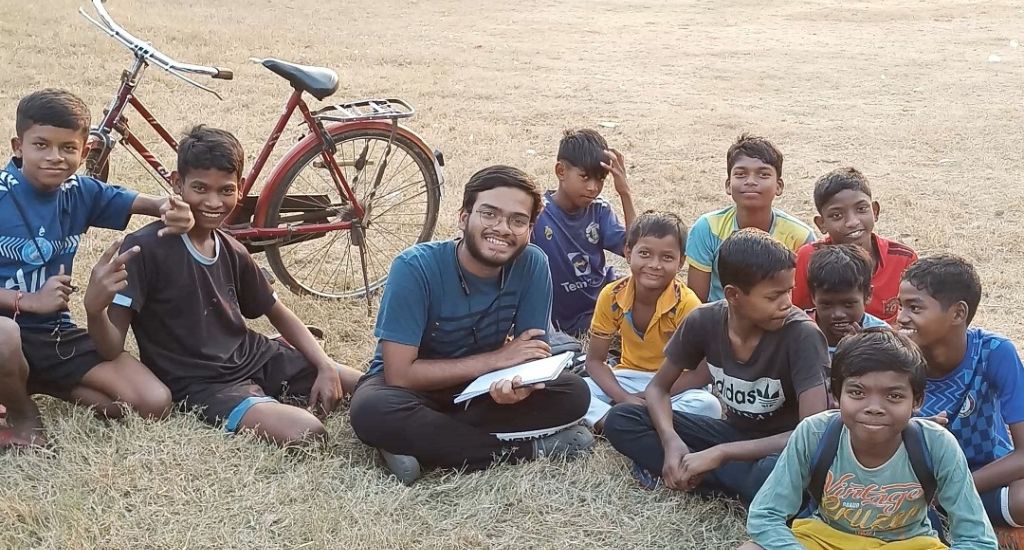
Bengaluru boy’s confessions from Jharkhand village
From sharing toothpaste to learning about the struggles for livelihood faced by villagers, a 5-day visit to rural Jharkhand was an eye-opener for this college student from Bengaluru.

From sharing toothpaste to learning about the struggles for livelihood faced by villagers, a 5-day visit to rural Jharkhand was an eye-opener for this college student from Bengaluru.
This three-part series chronicles the rural awakening of a Bengaluru student, where he talks about what he saw, felt and carried with him back to the city. The first write-up is about the initial impressions he got and how he settled himself in a new setting.
A 5-day visit to rural Jharkhand ended up giving an experience of a lifetime to this college student from Bengaluru.
“You are what I call an urban intervention in this rural world.” This is how I got introduced to my five-day training at the Tribal Cultural Centre in Jamshedpur, Jharkhand.
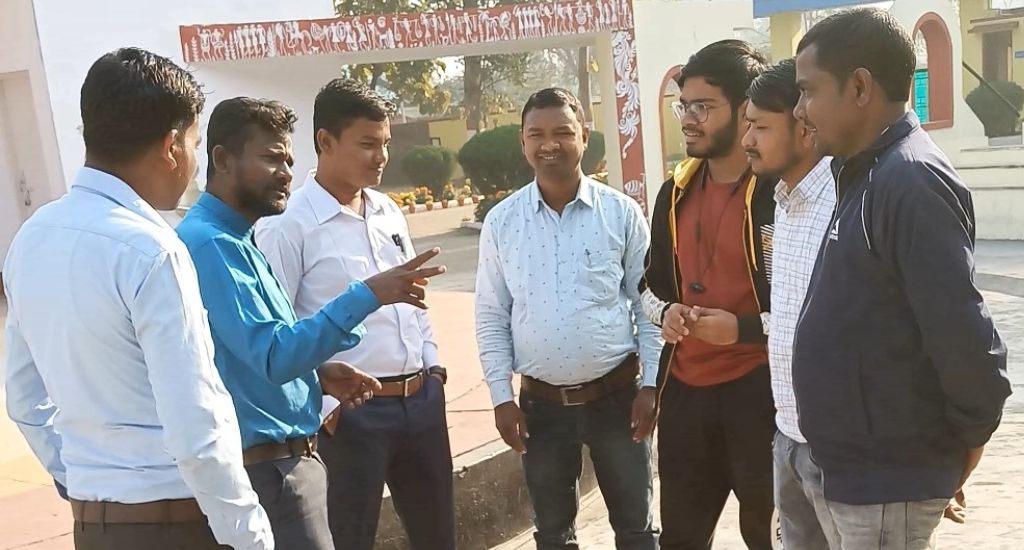
When I reached the centre and my aunt, who was accompanying me, left for her hotel, I felt excited but at the same time nervous. Two different worlds were being forced to interact and the only thing separating the mixing of ideas was conversation – and that is how I started.
The other members of the group were familiar with each other since they had participated in a training session earlier. I was the newcomer. So I caught hold of the first person I found and requested him to introduce me to everyone. After a round of introductions, we sat in a circle and played ludo. We shared details about our backgrounds and the training that would start the next day.
I got my first shock when I found that someone had taken my slippers and gone to the washroom. I was told that there are no personal belongings here. People share everything with each other, from mobile phone chargers to combs and toothpaste. I was advised to use someone else’s footwear.
Soon we realised that there were 30 of us living in one dormitory, which had only two functional charging sockets. I took it as a sign that I had to distance myself from the outside world. I always kept my phone with the internet off to save battery. That night, I wore someone else’s slippers and went to explore the campus.
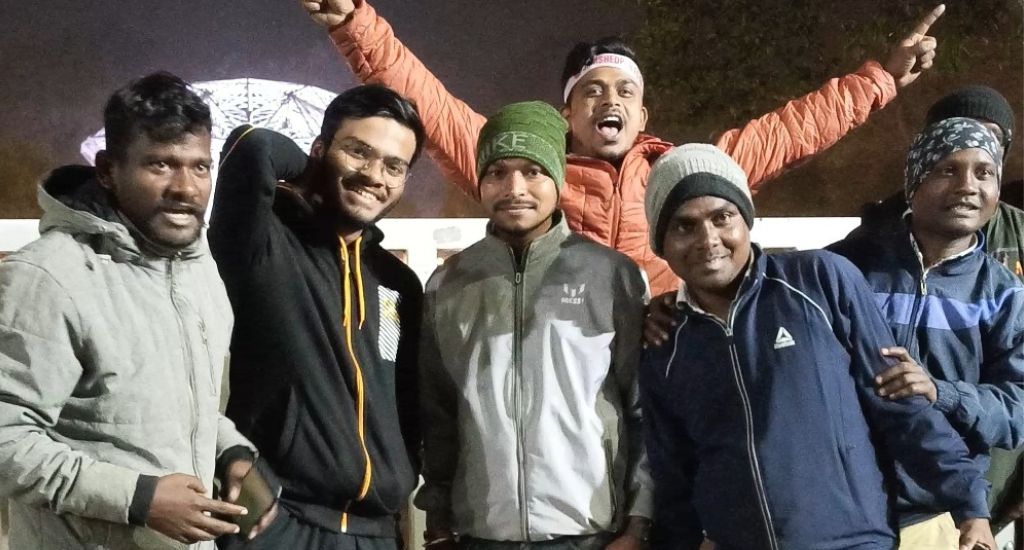
I met Bahadur, 20, who was working as a security guard on the campus. And I got my second shock of the night.
Both of us were of the same age but had completely different realities. I wore a pair of pyjamas and a T-shirt with ‘live, laugh, love’ written on it. He was dressed in a uniform. He gave me a tour of the place and showed me some obscure locations to charge the mobile phone. I bought him tea. We then sat down on the grass, sipping tea and getting to know each other.
Bahadur told me that he is pursuing a BSc in chemistry and attends college during the day. He spends evenings watching videos and movies on his phone. He aims to clear the entrance exam for a job at a bank but feels too lazy to study for it. He is happy with the salary he is receiving as a security guard. We talked for two hours that night about our different perspectives on life, and concluded that there is a lot for us to learn and experience.
Initially, I felt distant from the local people. Their way of talking and the way they carried themselves appeared a bit rough to me. It was as if I was in a whole new world. But as conversations deepened, I started to realise that I was wrong.
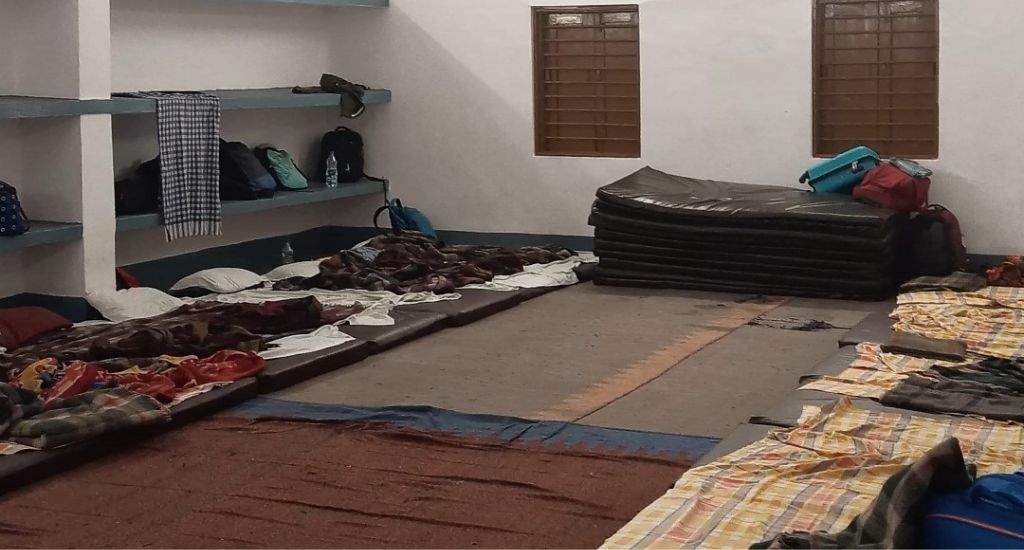
I was frequently greeted by words like, “Kinshuk bhai, aap theek hai? Khana khaya aapne (Are you okay? Did you have food)?” Every time I sat alone to think over the day’s session, I found myself surrounded by one or two people. They came, placed their hand on my shoulder and started talking to me about their childhood, home and kids. Some even said that I reminded them of their child.
Some people were intrigued by me on the first day of our training. I noticed covert glances directed towards me and faint whispers about who I was and what I was doing there. Compared to them, I was young. The training required us to participate in various activities for which we had to mingle with each other. However, while they indulged me as their child or younger brother, they never treated me as a young naive boy. I respected that.
We once went to watch a football match between Goa and Jamshedpur. I was never an athlete and always stayed away from sports. But this time I could not escape and was dragged to watch the match with them. I am glad that I went.
The stadium was about 7 km from our campus and to save money, we walked. I was walking with people who were about twice my age, and some had children as old as me. The insights I got that day changed my perspective on life. I learned that some of them had started working in factories in their teenage years. Some could not complete their graduation because education was never given importance in their family. Ensuring that there was food in the house was a bigger struggle.
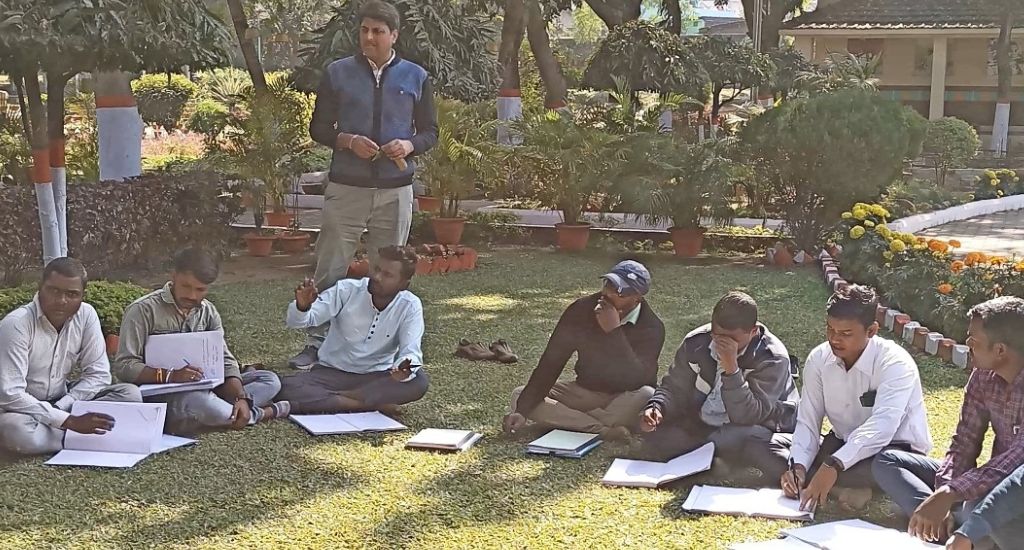
My brief stay there made me realise how privileged I was and how I took so many things for granted. As the end of the training neared, I was struck with mixed feelings. I loved interacting with the people there. But at the same time, I was returning to the comfortable life from where I had come. I did not want this to be just ‘an urban intervention in the rural world’ who came for five days, got exposed to the problems present in our society, felt empathetic and went back to his city.
The lead image at the top shows the author with a group of village children. (Photo courtesy Kinshuk Ghosh)
Kinshuk Ghosh is a second-year student at Azim Premji University, Bengaluru, and pursuing Bsc B.Ed in Physics. Over the break after finishing his first semester, he attended a five-day training for Development Corridor Fellow at Jamshedpur conducted by VikasAnvesh Foundation, Pune, on Panchayati Raj, and problems afflicting primary education, public health, etc. He then stayed in Pondehasa village to understand children’s perspectives on the conditions of primary school and women’s childbirth choices.